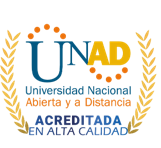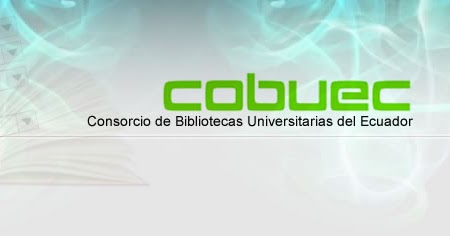Modelo Design Thinking dirigido a la población campesina colombiana. : Cadenas productivas agro sostenibles
Design Thinking Model Directed to Colombian Farmers: Agro Sostenible Productive Chains
Design Thinking Model Directed to Colombian Farmers: Agro Sostenible Productive Chains
Compartir
Autor
Leal Guerrero, María Paula
Publicador
Universidad Nacional Abierta y a Distancia, UNADCitación
Gestores bibliográficos
Metadatos
Mostrar el registro completo del ítemResumen
Introducción: el presente artículo propone una estrategia de enseñanza a la población campesina basada en el modelo de Design Thinking, el cual enseña a pensar diferente, mediante el uso del aprendizaje práctico como catalizador del conocimiento. Metodología: se analiza la creación de cadenas productivas asociadas a un emprendimiento agroindustrial, que servirán de apoyo en negociaciones, contacto con empresas, y gestión del conocimiento para la población campesina, la cual históricamente y a nivel general no ha recibido condiciones justas de comercio y mercado (Salcedo, 2013), además de los preocupantes bajos niveles educativos y económicos. Resultados: se intentó resolver la anterior situación usando una herramienta que permita pensar diferente, dada la asociación con los conceptos de innovación, creación de productos y empresas. Conclusiones: se espera que sirva como apoyo a la población cultivadora de aromáticas en el bajo Sumapaz, y se diseñen productos más llamativos que satisfagan una propuesta de valor determinada. Introduction: This paper proposes a teaching strategy to the rural population based on the Design Thinking model, which teaches different thinking, through the use of practical learning as a catalyst for knowledge. Methodology: The above considers the creation of productive chains associated with an enterprise, which will serve as support in negotiations, contact with companies, and knowledge manager for the rural population, which historically and generally has not received fair trade and market conditions (Salcedo, 2013) in addition to the worrying low educational and economic levels. Results: That is why we intend to solve the previous situation using a tool that allows us to think differently, given the association with the concepts of innovation, creation of products and companies. Conclusions: that it will serve as support for the aromatic cultivation population in the lower Sumapaz, and more striking products are designed that satisfy a specific value proposition.
Escuela
https://hemeroteca.unad.edu.co/index.php/revista-estrategica-organizacio/article/view/4046/4077https://hemeroteca.unad.edu.co/index.php/revista-estrategica-organizacio/article/view/4046/4816
https://hemeroteca.unad.edu.co/index.php/revista-estrategica-organizacio/article/view/4046/4023
https://hemeroteca.unad.edu.co/index.php/revista-estrategica-organizacio/article/view/4046/4817
Formato
application/pdftext/html
text/xml
Tipo de Recurso Digital
info:eu-repo/semantics/articleinfo:eu-repo/semantics/publishedVersion
URL Fuente
https://hemeroteca.unad.edu.co/index.php/revista-estrategica-organizacio/article/view/404610.22490/25392786.4046















